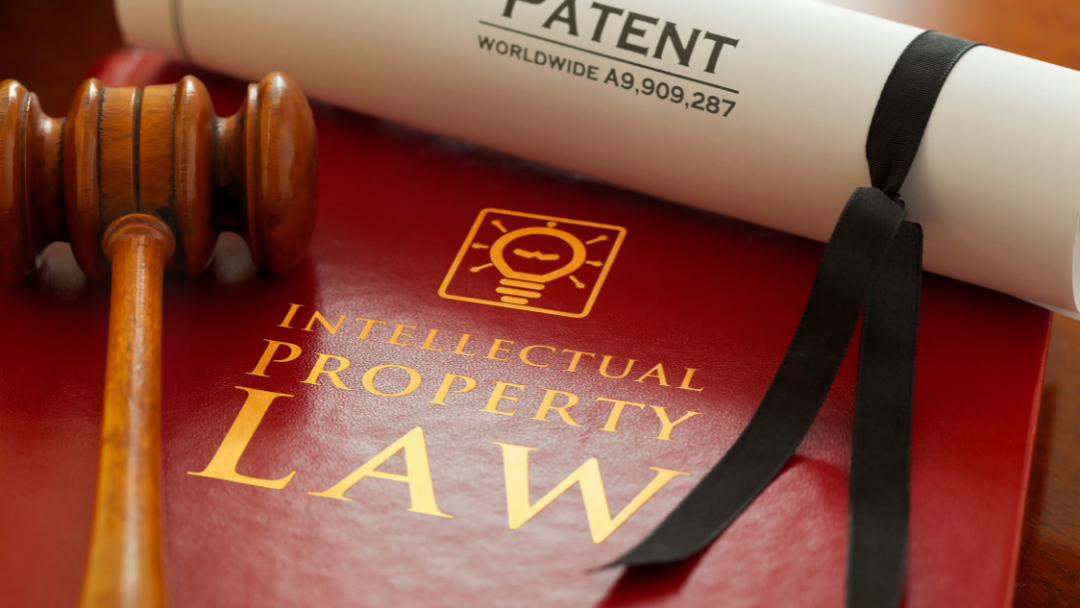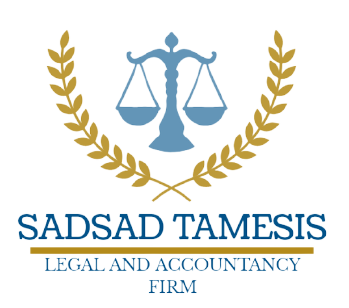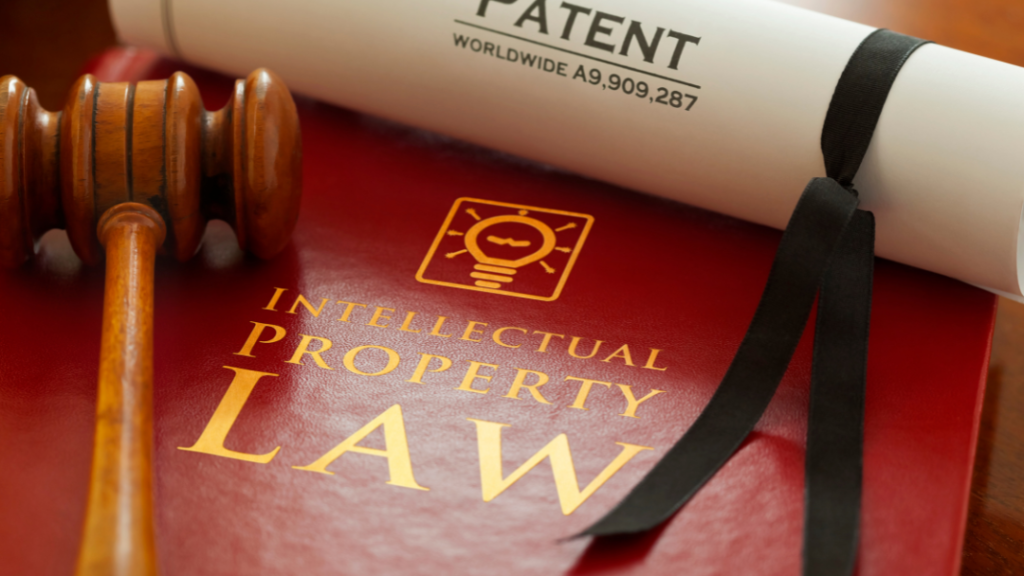
In a previous article, we discussed intellectual property, how it protects creators, and the types that are available. Patents protect inventions and processes; copyrights protect literary, scientific, and artistic creations; and trademarks help identify your brand and help differentiate it from competitors. But how exactly is intellectual property law protecting these creations? What are the crimes against intellectual property and what are the appropriate punishments? Here’s what you need to know about intellectual property offenses so that you know exactly what to look for.
Infringement
Intellectual property infringement occurs when someone violates an intellectual property right. The offense differs depending on which type of intellectual property was violated:
Copyright infringement occurs when an offender:
- Reproduces, distributes, or performs a copyrighted work without proper permission; or
- Creates a derivative work based off of the copyrighted work without proper permission.
Trademark infringement occurs when an offender:
- Uses a registered trademark for commercial reasons without proper authorization from the trademark owner;
- Uses a business name that is similar to a trademarked name for the purpose of confusing or tricking the consuming public; or
- Uses a copy or colorable imitation of a registered trademark for commercial reasons without proper authorization from the trademark owner, which could then result in confusion among the consuming public.
Patent infringement occurs when an offender:
- Uses a patented process without proper authorization; or
- Makes, uses, offers for sale, sells, or imports a patented product or a product that was made from a patented process without a license.
Unfair Competition
Simply put, unfair competition occurs when the product of one party is passed off or attempted to be passed off as the product of another. Acts that are considered unfair competition include, but are not limited to:
- Giving a product the general appearance of another party’s product by any means (such as by copying the package, devices, or words used by the other product). This would then deceive consumers into believing that they are buying the product of the other party instead of the imitator’s.
- Falsely convincing consumers into believing that they are offering the products or services of another party.
- Making any false statement or committing any other act that is meant to discredit the products or services of another party.
A few factors must be present for an offense to be considered unfair competition. First, the offender must purposely give their product the general appearance of the other party’s product. Second, the general appearance must be shown in the product itself, the packaging, the device or words therein, or any other feature of the product’s appearance. Third, the offender must have either sold or attempted to sell their products, or have given other parties the opportunity to sell the products while fully knowing of the product’s deceitful nature.
While infringement can be willful or accidental, there must be an intent to deceive for an offense to count as unfair competition.
False Designation of Origin, False Description, Or False Representation
False Designation of Origin, False Description, or False Representation is an offense committed against trademarks. It occurs when someone misrepresents a certain product using any word, term, name, symbol, device, or a combination of all four. This then causes the public to misinterpret the product’s affiliations, origins, sponsorships, nature, characteristics, qualities, geographic origins. Other ways this misrepresentation can occur is if someone states a false designation of origin, false or misleading description or fact, or false or misleading representation of fact.
Essentially, any grave misrepresentation of someone’s trademark can fall under this offense. If someone has falsely misrepresented your trade mark, you can file a criminal, civil, or administrative action.
Anyone found guilty of infringement, unfair competition, false designation of origin, false description, or false representation will be subject to a range of penalties, depending on the severity and repeat offenses. The current range of penalties are as follows:
- First offenders will receive a fine of Php50,000 to Php150,000 and/or imprisonment of 1 to 3 years;
- Second offenders will receive a fine of Php150,000 to Php500,000 and/or imprisonment of 3 to 6 years; and
- Third and subsequent offenders will receive a fine of Php500,000 to Php1,500,000 and/or imprisonment of 6 to 9 years.


